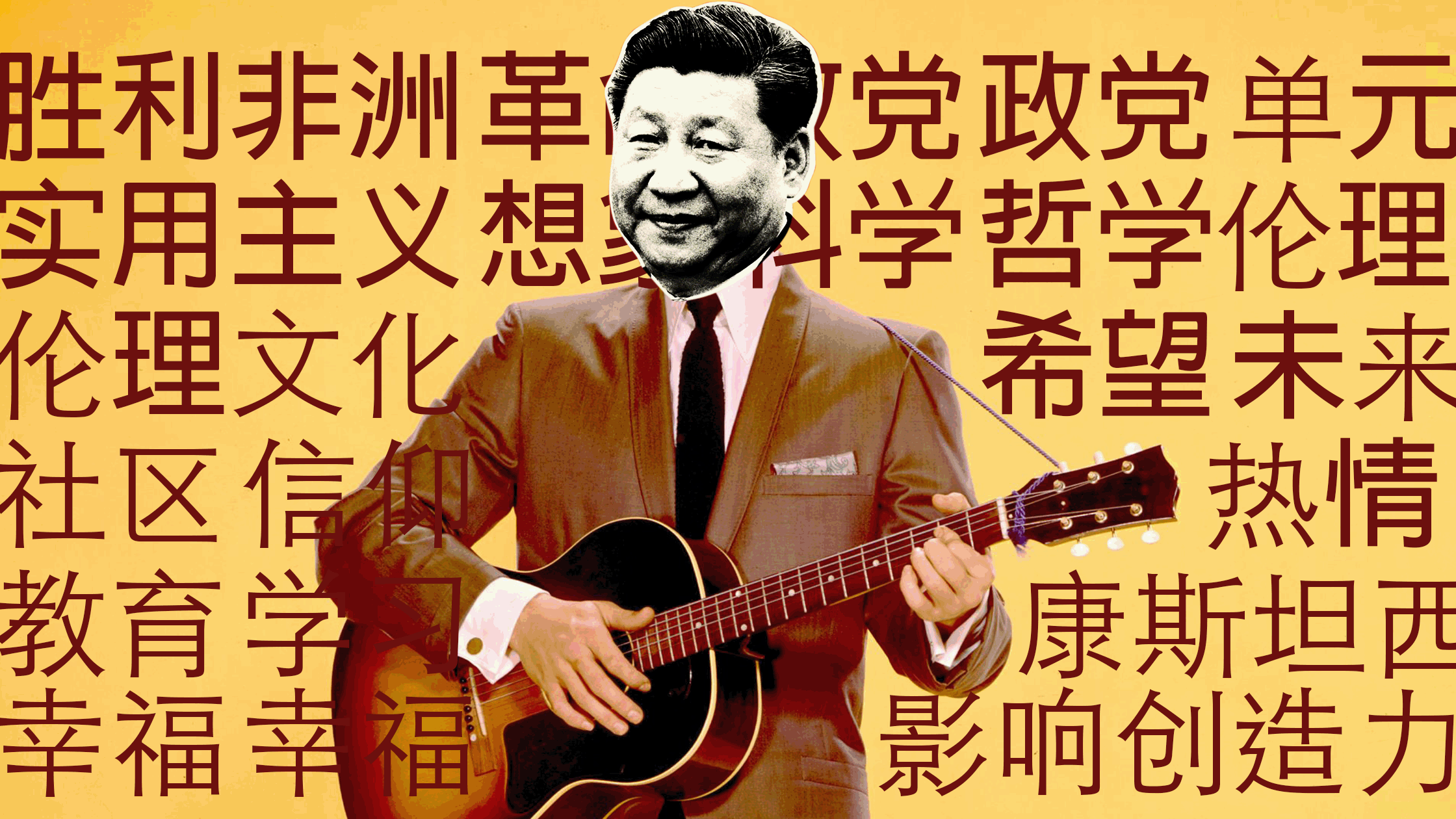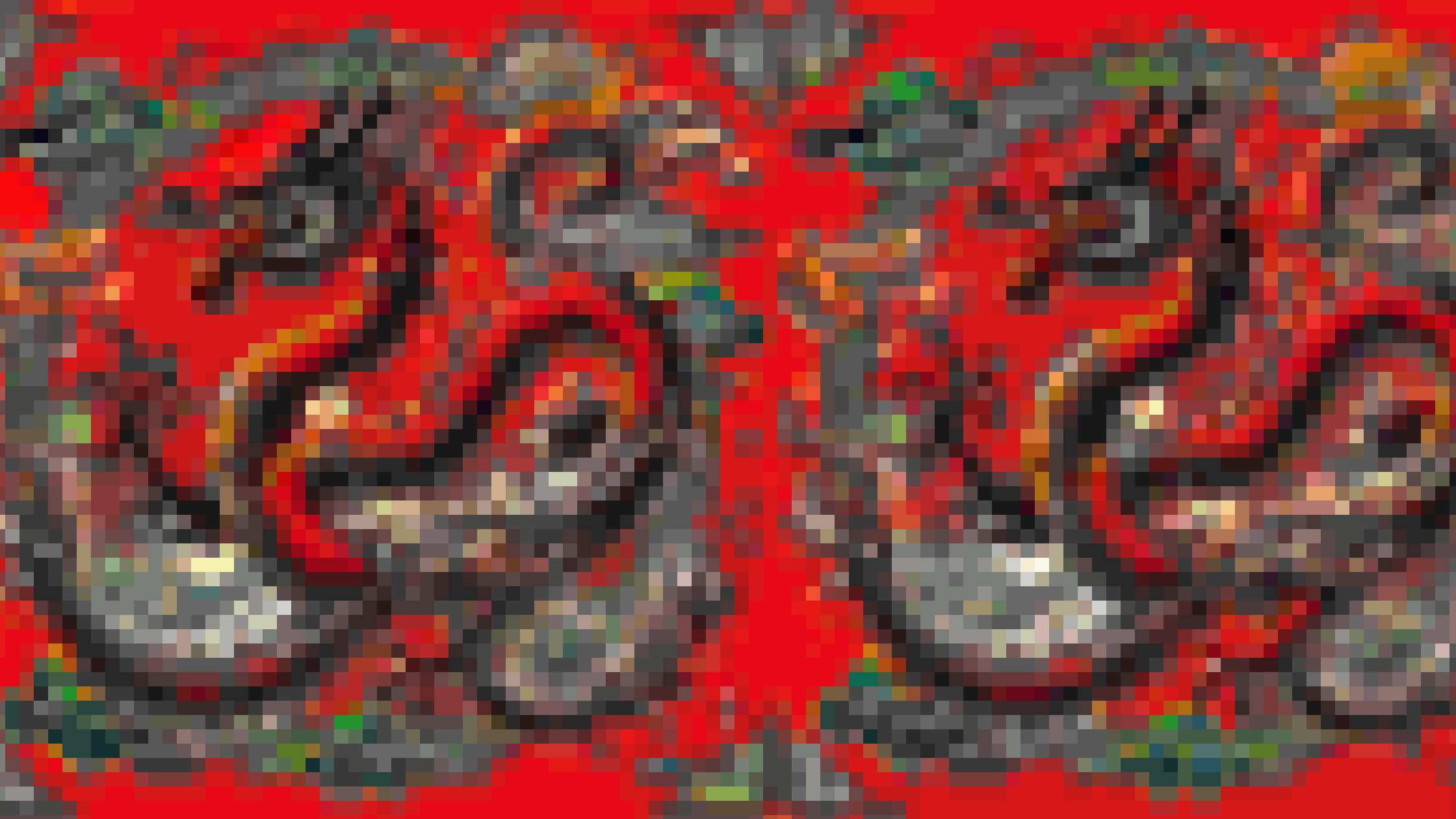Moldova, a small Eastern European country, is at a critical juncture as it approaches its October 20, 2024, presidential election and a referendum that could cement closer ties with the European Union (EU). Situated between Ukraine and Romania, Moldova has long walked a precarious tightrope between Western influence and Russian dominance. The upcoming vote and referendum may well determine which direction the country heads in its geopolitical future. This situation mirrors Ukraine’s struggle a decade ago, notably during the 2014 Euromaidan Revolution, when the country had to choose between aligning with the West or maintaining close ties with Russia.
Moldova’s Historical Struggle Between East and West
Since gaining independence from the Soviet Union in 1991, Moldova has been torn between Western aspirations and Russian ties. The breakaway region of Transnistria, supported by the Kremlin, complicates the situation. Home to a significant Russian-speaking population, this de facto autonomous region has hosted Russian troops since a brief war in the 1990s. Russian influence, although less overt than in Ukraine, has remained deeply entrenched in Moldova through political channels, economic ties, and disinformation campaigns.
In the 2024 elections, the stakes are particularly high. Pro-European incumbent President Maia Sandu is leading in the polls, but her competitors, many of whom are backed by pro-Russian factions, represent a formidable challenge. The presence of Kremlin-backed candidates such as former prosecutor general Alexandr Stoianoglo, along with ongoing disinformation campaigns, shows Russia’s determination to retain influence in Moldova, much as it did in Ukraine before the latter’s pivot toward the West.
Moldova and Ukraine: A Comparative Geopolitical Analysis
The parallels between Moldova’s current situation and Ukraine’s pre-2014 crisis are striking. Like Ukraine, Moldova is a former Soviet republic with strong cultural and historical ties to Russia. Both countries have sought greater integration with the EU while facing fierce resistance from Moscow. Ukraine’s decision to sign an EU Association Agreement in 2014 sparked the Euromaidan protests and eventually led to Russia’s annexation of Crimea and the ongoing war in eastern Ukraine.
For Moldova, the October 2024 vote and EU referendum could be a turning point, similar to Ukraine’s momentous decision in 2014. Just as Ukraine’s pro-Western shift triggered a violent response from Russia, Moldova could face similar repercussions. Russian-backed media in Moldova have warned that if President Sandu is re-elected, Moldova might be dragged into the conflict in Ukraine. Meanwhile, pro-Russian political figures, including oligarch Ilan Shor, are exploiting disinformation campaigns to undermine Sandu’s pro-European stance.
However, there are significant differences between Moldova and Ukraine. Moldova is smaller, both in population and strategic value, and Russian influence there is exerted through soft power tactics — disinformation, political manipulation, and economic incentives — rather than direct military intervention, as seen in Ukraine. Moldova also lacks Ukraine’s military strength, making it more vulnerable to external pressure from Russia.
Russia and the West: Competing for Influence
Moldova’s precarious position is shaped by broader geopolitical dynamics. Russia’s involvement in Moldova is part of its larger strategy to maintain influence in its so-called “near abroad,” a region that includes former Soviet republics like Ukraine, Georgia, and Moldova. The Kremlin’s goals remain consistent: prevent these nations from aligning permanently with the West.
Russia’s tactics in Moldova resemble those it used in Ukraine before the 2014 conflict, primarily through propaganda, economic leverage, and backing of pro-Russian politicians. Kremlin-backed channels have spread rumors of Moldova being dragged into the Ukrainian war, should it align further with the EU. Disinformation campaigns are also circulating about the EU undermining traditional Moldovan values, mirroring similar narratives in other parts of Eastern Europe.
Meanwhile, Western countries, led by the United States and European Union, are actively supporting Moldova’s efforts toward integration. U.S. Secretary of State Antony Blinken visited Moldova earlier in 2024, offering $135 million in aid for energy security and countering disinformation. The EU has also been vocal in its support for Sandu’s administration, pledging steadfast support for Moldova’s European future.
However, this geopolitical competition is playing out against the backdrop of Russia’s faltering war in Ukraine. Moscow’s hybrid warfare tactics in Moldova reflect its failures in Ukraine, where its full-scale invasion has not produced the quick victory it anticipated. Moldova, like Georgia and other nations in Russia’s sphere, is watching Ukraine’s fate closely. The outcome of the war in Ukraine will undoubtedly influence Moldova’s strategic choices.
Moldova’s Election: A Global Consequence
The stakes of Moldova’s October election and EU referendum are high not just for the country itself, but for the broader geopolitical landscape. A pro-European victory, symbolized by Sandu’s potential re-election, could signal another step in the gradual erosion of Russian influence in the post-Soviet space. Conversely, a victory for pro-Russian candidates would bolster Moscow’s efforts to maintain its grip on Eastern Europe.
Moldova’s future is also tied to the broader dynamics of armed conflicts and democratic resilience around the world. As Russia’s influence wanes in Ukraine, Georgia, and possibly Moldova, the resilience of U.S.- and EU-backed democratic institutions will be tested. The Moldovan election could serve as a bellwether for how the West and Russia continue to compete for influence in the region, with potential consequences for global geopolitics.
Moldova’s October 2024 vote may not involve the dramatic military conflicts seen in Ukraine, but the geopolitical stakes are equally significant. Like Ukraine before its pivotal 2014 revolution, Moldova is at a crossroads, torn between the West and Russia. The outcome of the election and referendum could have long-term implications, not just for Moldova but for the broader struggle between East and West in Eastern Europe. As the world watches, Moldova’s decision may mark the next chapter in a region still grappling with the fallout from the collapse of the Soviet Union.









